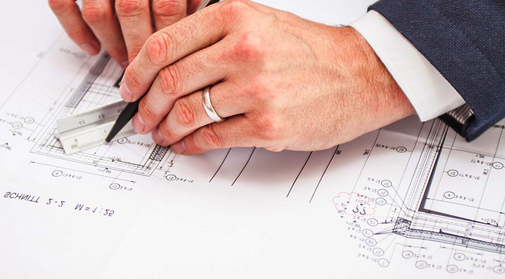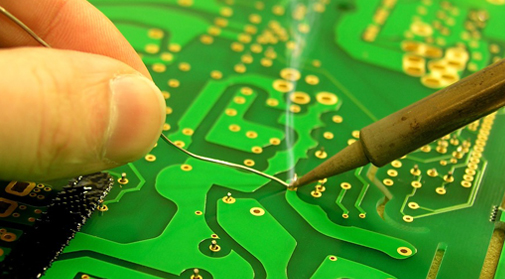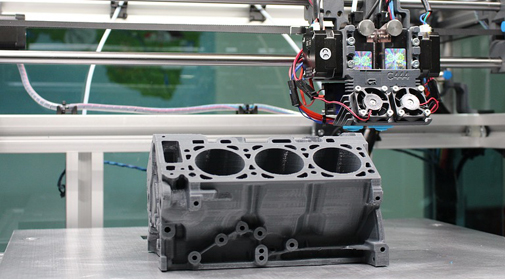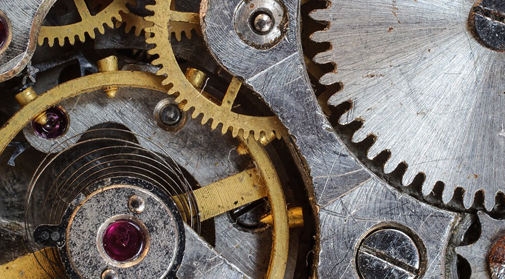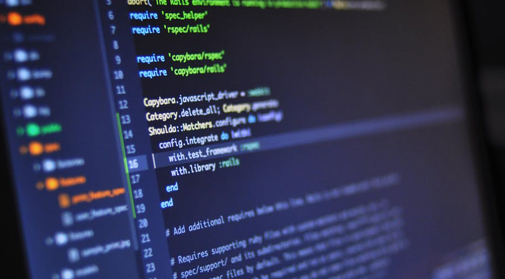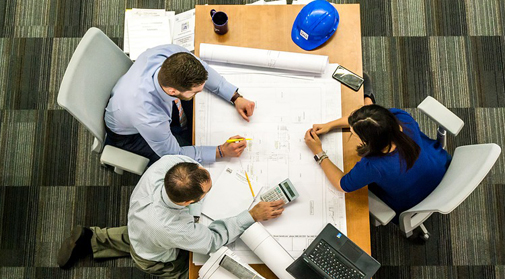Translational Biomedical Engineering Research Lab
The Translational Biomedical Engineering Research Laboratory (TransBioEng) is a part of the AI center at Alfaisal University. It is a cutting-edge research group dedicated to advancing the field of biomedical engineering through the development and application of innovative computational models. Our lab brings together a multidisciplinary team of researchers, clinicians, and industry partners to tackle some of the most pressing challenges in healthcare and improve patient outcomes.
At the TransBioEng, we believe that the key to advancing biomedical engineering is through the translation of knowledge and innovations from research to clinical practice. We are committed to developing new biomedical analysis algorithm and medical devices that are safe, effective, and affordable, and to working with clinicians to implement these innovations in real-world settings.
TransBioEng research group is dedicated to advancing the field of disease diagnosis and treatment through the application of cutting-edge computational techniques, including data and physics driven learning models, data fusion and multimodal biomedical AI. Our research focuses on developing new models for disease characterization, early detection, and personalized treatment planning.
Using advanced deep learning and machine learning methods, we analyze complex multimodal biomedical data sets, including histology, radiomics, and different physiological measurements, to uncover new insights into disease pathology and progression. Our goal is to create robust and interpretable models that can be applied in real-world clinical settings, with a focus on reducing computational complexity while maintaining high accuracy. In addition to our modeling work, we also specialize in non-invasive methods for disease diagnosis and monitoring. To validate our models, we collaborate closely with partners in academia, industry, and healthcare to conduct in vivo experiments and clinical trials.
TransBioEng research group recognizes the importance of collaboration in advancing biomedical engineering research, and actively seek partnerships with researchers, clinicians, and industry partners to share expertise and resources. Currently, our lab is engaged in collaborative research with renowned experts in the field of biomedical engineering. Our team works closely with clinical partners, physicists from the King Faisal Specialist Hospital, and academic partners from the Digital Health & Biomedical Engineering Group at the University of Southampton (UK), University of Michigan (USA), National Institute for Research in Digital Science and Technology, Paris-Saclay (France), and King Abdullah University of Science and Technology (KSA) to develop innovative projects that aim to advance healthcare through cutting-edge research and development.
We are working on several ongoing and potential projects, including:
- MRI2CT: Cutting-Edge Synthetic CT Generation based MRI-only for Precision Radiation OncologyOur project aims to revolutionize the workflow control of radiation therapy by developing an innovative solution for generating Synthetic Computed Tomography (sCT) images using hybrid machine learning techniques. This solution eliminates the need for additional scans, reducing costs and radiation exposure while improving cancer patient outcomes in terms of survival and quality of life. We develop a robust ML pipeline founded on optimal mass transport theory to generate synthetic CT images and estimate electron density information using only MRI images. The project will be carried out in collaboration with King Faisal Specialist Hospital & Research Centre, and a multidisciplinary team of experts from four leading institutions will work together to develop and deploy an sCT solution that caters to the needs of radiation oncology patients. By leveraging advanced machine-learning techniques and high-quality data, we aim to create a cutting-edge solution that contributes to the advancement of medical technology for cancer patients.
- Machine Learning in Action: Stroke Diagnosis and Outcome Prediction:We are using machine learning to develop tools for diagnosing and predicting the outcomes of strokes. By analyzing data from a variety of sources, such as medical images and patient records, we aim to improve the accuracy of stroke diagnosis and treatment.
- Multimodal deep learning for biomedical data fusionWe are exploring novel approaches to integrate diverse data sources, such as medical images and patient records, to gain a more comprehensive understanding of patients' health status. This has the potential to improve the accuracy of disease diagnosis and the effectiveness of treatment, particularly in complex conditions like coronary artery diseases and stroke.
- Noninvasive estimation of aortic hemodynamics and cardiac contractility using machine learning:Current methods for estimating aortic hemodynamics and cardiac contractility often require invasive procedures. We are exploring the use of machine learning to develop non-invasive methods for estimating these parameters. Our goal is to reduce the risk and cost associated with these procedures, while maintaining accuracy.
At TransBioEng research Lab, we are committed to driving meaningful progress in the field of biomedical engineering and making a positive impact on public health. We invite you to explore our website and learn more about our innovative research and the ways in which we are working to improve patient outcomes.
Team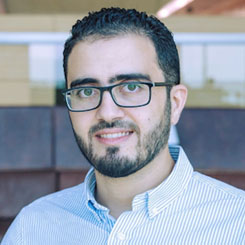
Director: Dr. Mohamed A. Bahloul, Assistant professor of Electrical Engineering, College of Engineering, Alfaisal University
- Dr. Sghaier Guizani, Associate professor of Electrical Engineering, College of Engineering, Alfaisal University
- Eng. Ahmed Alabbas Hamidalddin, Lecturer of Electrical Engineering, College of Engineering, Alfaisal University
- Eng. Aram Sadig Monawar, Instructor of Electrical Engineering, College of Engineering, Alfaisal University
- Eng. Shaweta Khullar, Instructor of Electrical Engineering, College of Engineering, Alfaisal University
Collaborators
- Dr. Zehor Belkhatir, Assistant professor of Electrical Engineering, Digital Health & Biomedical Engineering Group at the University of Southampton, UK
- Dr. Meriem Laleg, Associate professor of Electrical Engineering, Principal Investigator of Estimation, Modeling and Analysis Group at King Abdullah University of Science and Technology, KSA
- Dr. Yasser Aboelkassem, Assistant Professor of Digital Manufacturing Technology, College of Innovation and Technology, University of Michigan-Flint, USA
- Dr. Alsaleh Habib Abdulmohsen, Medical Physicist Radiation Physics Section Biomedical Physics Department King Faisal Specialist Hospital & Research Centre, KSA
Activities
As a Translational Biomedical Engineering Research Laboratory at our university, we are passionate about sharing our expertise and knowledge with the wider community. To achieve this, we offer a range of tutorials, lectures, and workshops that are designed to provide a comprehensive understanding of the exciting and rapidly evolving field of biomedical engineering.
- Our tutorials are tailored for those who are new to the field, and cover the fundamentals of biomedical engineering, including topics such as bioinformatics, biomaterials, medical imaging, and signal processing. These tutorials are interactive and hands-on, allowing participants to apply their newfound knowledge in real-world scenarios.
- We also offer a series of lectures that provide a deeper dive into specific areas of biomedical engineering and translational research. Our expert lecturers cover topics such as medical device design, tissue engineering, and Multimodal biomedical AI. These lectures are designed to provide participants with an in-depth understanding of these topics and their practical applications.
- For those looking for hands-on experience, we offer a variety of workshops that allow participants to work on real-world projects and collaborate with experts in the field. These workshops cover topics such as data analysis, estimation and modeling, and medical device prototyping.
Our tutorials, lectures, and workshops are suitable for individuals at all stages of their education and career, from students to professionals. Whether you're interested in pursuing a career in biomedical engineering or simply want to expand your knowledge in this exciting field, we invite you to explore our offerings and join us in advancing the field of biomedical engineering.
Contact
transl-bme-rl@alfaisal.edu | mbahloul@alfaisal.edu (Director of the lab)


